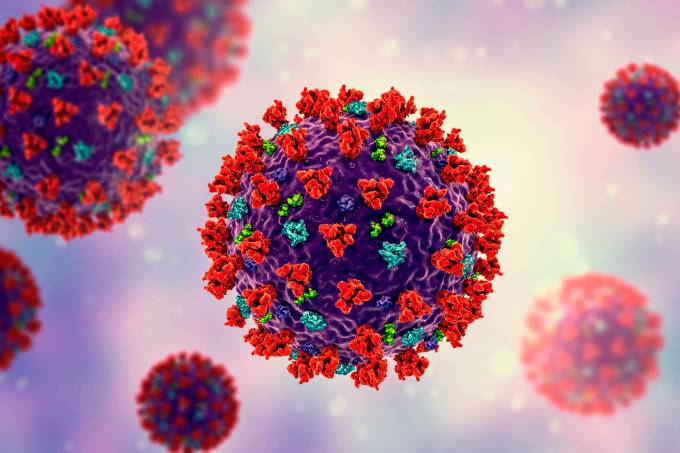Protocol Detail


ACUTE CORONARY SYNDROME
Acute coronary syndrome (ACS) is a syndrome (set of signs and symptoms) due to decreased blood flow in the coronary arteries such that part of the heart muscle is unable to function properly or dies.
Diagnosis
If it presents with classical chest pain suggestive of coronary ischaemia diagnosis is easy, but this is unusual!
Diagnosis requires two of:
· Typical history,
· EGG changes or
· Cardiac enzyme rises.
Atypical presentation is common.
Establish risk factors:
· Age > 65,
· Proven ischaemic heart disease,
· Percuteneous Coronary Intervention or Coronary Artery Bypass Graft Surgery in previous 6/12,
· Hypertension,
· Chronic renal disease,
· Strong Family History,
· Active smoking,
· Associated syncope/ heart failure/ mitral regurgitation/ gallop,
· Pain lasting longer than 10 minutes.
Rapid assessment important.
Exclude other causes (esp. Aortic dissection, pneumothorax, Pulmonary Embolism, Pericarditis).
Management
1. Liaise early with medical officer,
2. ABC’s Oxygen, Resuscitation as indicated,
3. IV access,
4. Continuous monitoring,
5. Immediate EGG (Repeat after 20 minutes if symptoms persist),
6. FBC, U&E’s, LFT’s, CRP,
7. Creatinine Kinase and Troponin-T immediately (Repeat 8 hours after free unless positive when no repeat required),
8. CXR,
9. Pain relief (aim to get pain free as soon as possible) with Glycryl Trinate, IV Morphine, antacids,
10. Low risk:
· Aspirin 300 mg,
· Atenolol 25 – 50 mg Daily,
· Sublingual GTN(glyceryl trinitrate) prn,
· Consider discharge,
· Urgent outpatient follow-up for cardiac review and stress test if newly diagnosed Ischaemic Heart Disease.
11. Intermediate Risk:
· Observe for further risk stratification,
· Aspirin 300 mg,
· Repeat Troponin levels 8 hours after last episode of pain,
· If 8hour troponin remains negative consider discharge for provocative testing as an out patient- preferably within 72 hours.
· Discuss all intermediate Risk patients prior to discharge.
13. High risk:
· Atenol 25-50 mg Daily,
· Clopidogrel 300mg stat, then 75 mg Daily,
· Aspirin 300 mg Daily,
· Atrovaststin (Lipitor) 40mg Daily,
· Sublingual GTN prn,
· Consider GTN IV infusion,
· Clexane 1mg/kg bd subcuteneously
· Admit for monitoring and observation
Consider transfer for percutaneous Coronary Angioplasty if:
· Refractory pain,
· ST depression on T-wave inversion in multiple leads,
· Raised Troponin,
· Haemodynamic instability,
· Recent acute myocardial infarction or revascularization.
If transferring NSTEMI consider starting Tirofiban infusion (glycoprotein lib/Illa inhibitor)









